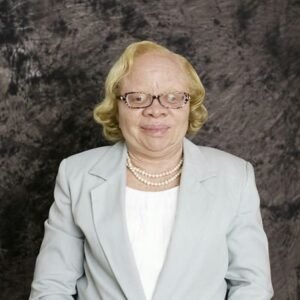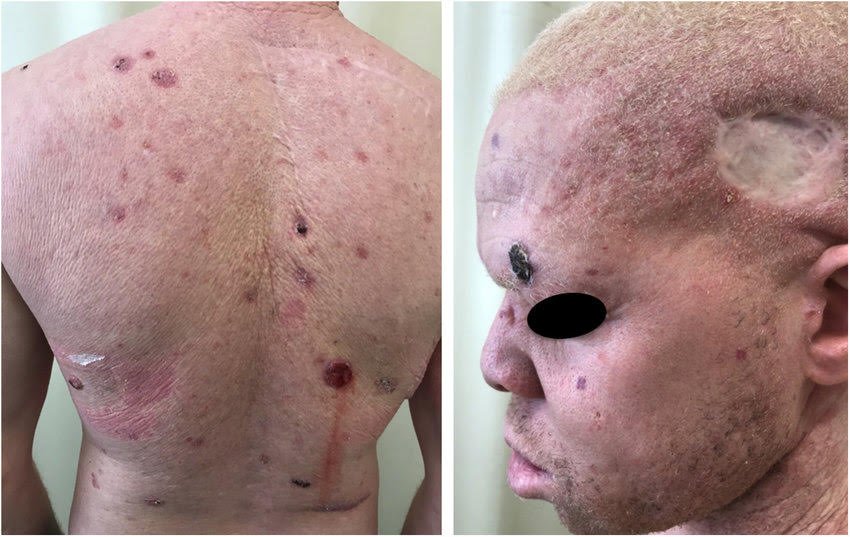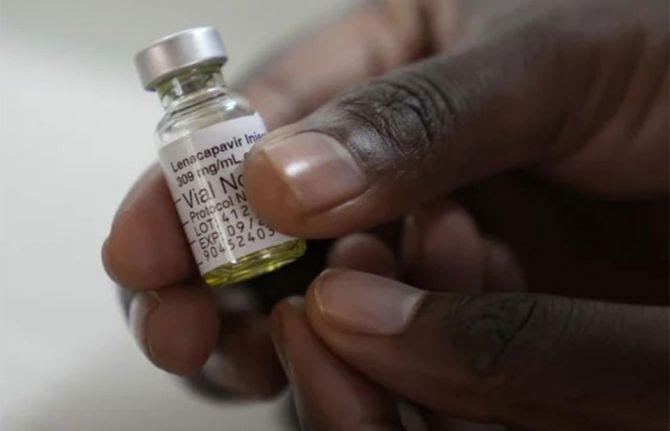In Nigeria, where intense sunlight is sometimes a menace to human lives, the tribe of Persons With Albinism (PWA) is constantly battling with a silent crisis that risks their survival.
The PWA individuals are genetically predisposed to skin cancer due to their lack of melanin. Despite being entirely preventable, skin cancer deaths within this community have remained dangerously high, occasioned by poor access to healthcare, financial hardship, and a glaring lack of government support.
According to a recent report, Nigeria records not less than two deaths monthly of individuals with albinism resulting from complications of skin cancer. The National President of the Albinism Association of Nigeria (AAN), Bisi Bamishe, confirmed that only about two percent of Nigerians with albinism live beyond the age of 40, largely due to skin cancer-related deaths that could have been prevented with timely intervention. Against this backdrop Sultan Rabiu takes a holistic look into the world of PWA and skin cancers condition.

Bisi Bamishe, National President of the Albinism Association of Nigeria (AAN)
The Genetic Reality and Its Deadly Consequences
Albinism is a rare inherited condition where the skin, hair, and eyes lack melanin the pigment responsible for protecting against the harmful effects of the sun’s ultraviolet (UV) rays. This makes PWAs exceptionally vulnerable to sun damage in a country like Nigeria, where UV radiation is intense and exposure often unavoidable.
According to Bamishe, the absence of government-led awareness programs means that many persons with albinism remain unaware of the risks posed by prolonged sun exposure. Without consistent access to protective measures, children and young adults accumulate sun damage over the years, leading to skin cancers that often appear in their twenties or thirties.
Healthcare Access and Late Diagnosis
Bamishe noted that one of the primary factors responsible for high skin cancer fatalities in the albino community is poor access to healthcare, particularly dermatological services. Many individuals with albinism do not undergo regular skin screenings that would enable early detection of cancerous growths.
The Financial Burden of Cancer Treatment
Another critical challenge, according to the Albinism Association of Nigeria, is the prohibitive cost of treating skin cancer. Procedures such as radiotherapy and chemotherapy remain far beyond the financial reach of most Nigerians with albinism. The association disclosed that the National Health Insurance Scheme (NHIS) offers negligible support for cancer care, leaving PWAs and their families to cover the high costs alone.

The association explained that in the absence of affordable medical options, many families resort to unregulated herbal remedies or spiritual healing homes, which only serve to delay proper treatment and worsen health outcomes.
Preventive Care: Scarce and Unaffordable
Preventive measures such as regular application of sunscreen, protective clothing, and limiting sun exposure are globally recognized as effective in preventing skin cancer among persons with albinism. However, the Albinism Association of Nigeria lamented that high-SPF sunscreens particularly those with SPF 50 and above recommended for PWAs — are scarce in local markets and, when available, remain unaffordable for ordinary citizens.
The association stated that without consistent use of sunscreen from early childhood, the cumulative damage from the sun increases the risk of developing skin cancer in adulthood. Bamishe emphasized that government intervention is urgently needed to subsidize or provide these essential preventive products for free to the albino community.
Policy Failures and Government Inaction
Nigeria adopted a National Policy on Albinism over a decade ago to promote the welfare and protection of persons with albinism. However, Bamishe pointed out that the policy has remained largely unimplemented. The provisions for free supply of sunscreen lotions, routine dermatological checks in public hospitals, and nationwide awareness campaigns have been ignored by successive administrations.
According to the Albinism Association, this neglect has turned what should be a manageable public health concern into a persistent crisis. The association described it as a “national tragedy that continues because of government’s refusal to prioritize the welfare of its vulnerable citizens.”

Prof. Mohammadu Pate, Minister of Health and Social Welfare
The Role of Stigma and Misinformation
Compounding the health crisis is the social stigma surrounding albinism in Nigeria. The Albinism Association of Nigeria disclosed that many communities still believe in harmful myths that portray PWAs as cursed or mystical beings. These misconceptions contribute to social exclusion and often discourage individuals from seeking medical care or participating in public life.
The association further noted that discrimination and ignorance exacerbate the problem by denying PWAs access to vital health information and services. Bamishe stressed the importance of combating these myths through education and community engagement, explaining that misinformation not only endangers lives but perpetuates systemic neglect.
Advocacy and Bamishe’s Proposed Solutions
In response to the escalating crisis, Bamishe outlined specific recommendations aimed at reducing skin cancer-related deaths among persons with albinism. She called for:
Full implementation of the National Policy on Albinism, including the immediate provision of free sunscreen lotions to PWAs.
Integration of skin cancer care into Nigeria’s primary healthcare system, allowing for regular skin screenings and early treatment at local health centers.
Expansion of the National Health Insurance Scheme (NHIS) to cover cancer treatment for persons with albinism.
Nationwide public enlightenment campaigns to educate citizens on the risks of sun exposure for PWAs and debunk harmful superstitions.
Bamishe emphasised that with modest government investment and genuine policy enforcement, countless lives could be saved each year.
Way Forward
Given the scale of the crisis, the Albinism Association of Nigeria has also called on international agencies, non-governmental organizations, and donor groups to support their efforts. By providing subsidized or free sunscreen products and funding outreach initiatives in at-risk communities, these partnerships could make a significant difference.
The association concluded that while international support is welcome, lasting change must come from within. Until Nigerian authorities prioritize the welfare of persons with albinism, skin cancer-related deaths will continue to claim lives unnecessarily.



